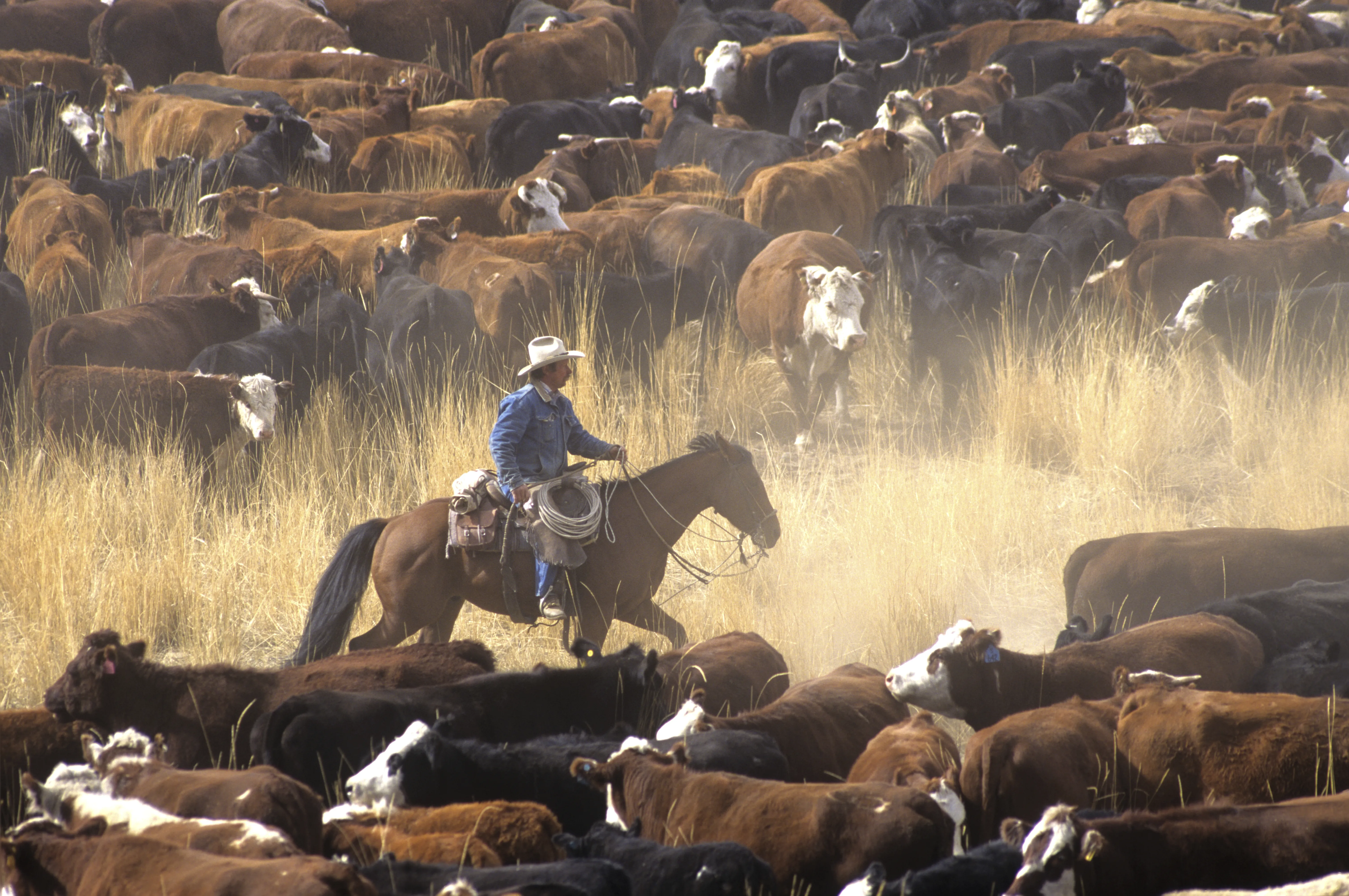
Most farmers still denied conservation grants
© iStock - Pashalgnatov
(Iowa News Service) The Institute for Agriculture and Trade Policy reports nearly three quarters of farmers across the country who applied for two types of U.S. Department of Agriculture conservation programs are turned away.
While there has been progress, the approval ratings for major ag-producing states were the nation's lowest.
USDA data showed between 2010 and 2020, only 31 percent of farmers who applied to the Environmental Quality Incentives Program, and only 42 percent of farmers who applied to the Conservation Stewardship Program were awarded government conservation program money. Between the two, nearly 1.1 million farmers were denied government funds.
Ava Auen-Ryan, farm and environment organizer for the group Iowa Citizens for Community Improvement, said a majority of the conservation money goes to factory-style farms for things such as manure management, leaving out smaller farmers.
"Smaller to mid-size farmers who use that money for things like fencing for rotational grazing or other ways to make the most out of their pasture land without stressing it to breaking point, they don't get that money when it all goes to those factory farms," Auen-Ryan explained.
Auen-Ryan pointed out the two programs are intended to help farmers pay for environmental improvements on their farms, including small, one-time projects such as planting grass seed in waterways to prevent erosion, and for bigger projects such as water quality or wildlife habitat enhancement.
Auen-Ryan added small to mid-size farm advocates are calling on Congress to double spending on conservation programs in the next Farm Bill, which currently stands at between $6 billion and $6.5 billion, as well as increasing oversight and assistance to be sure the programs work.
"And if we do that, we could have a huge impact as far as tackling the climate crisis and also preserving independent farmers," Auen-Ryan contended.
Debate on the Farm Bill is scheduled to begin in September.

















